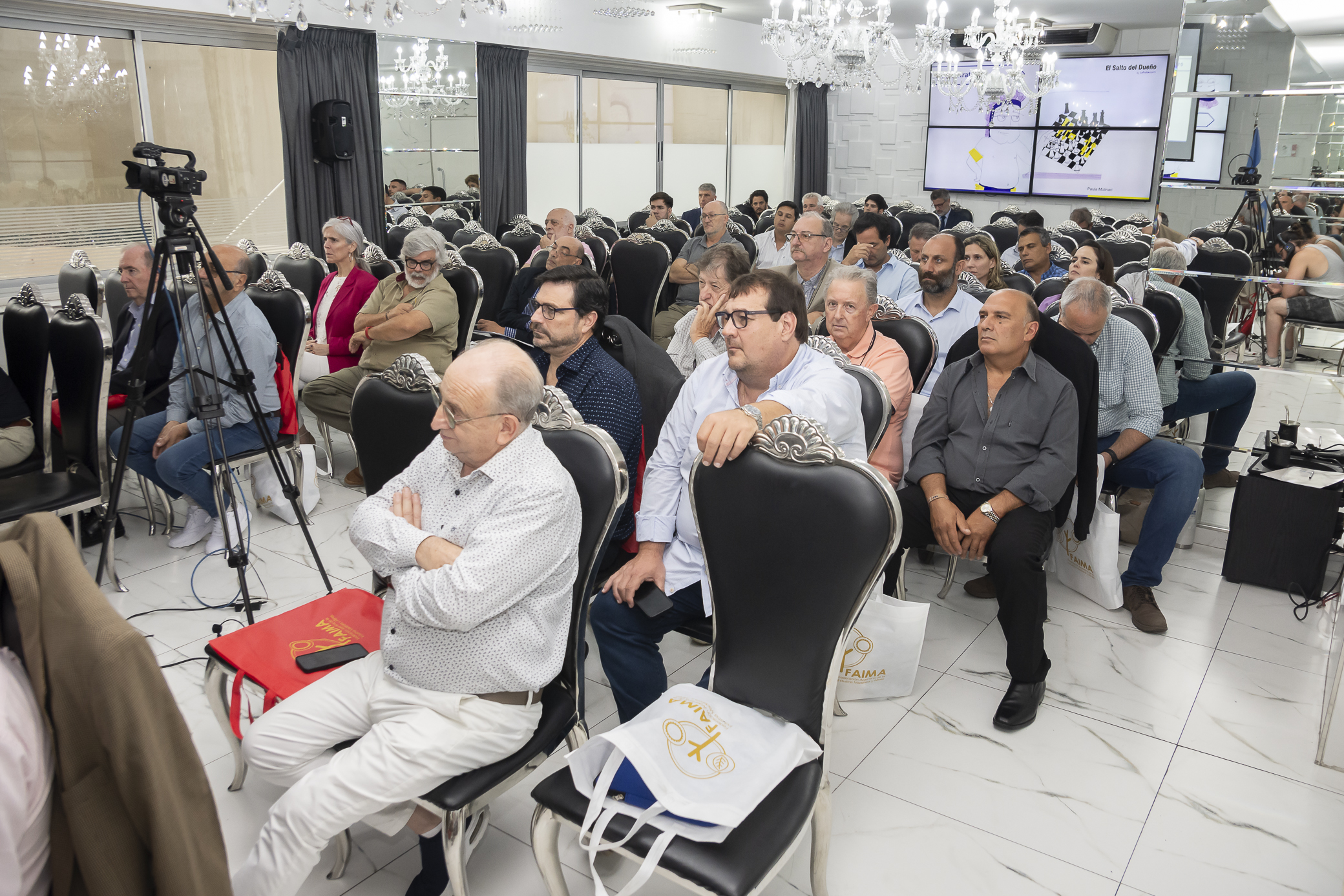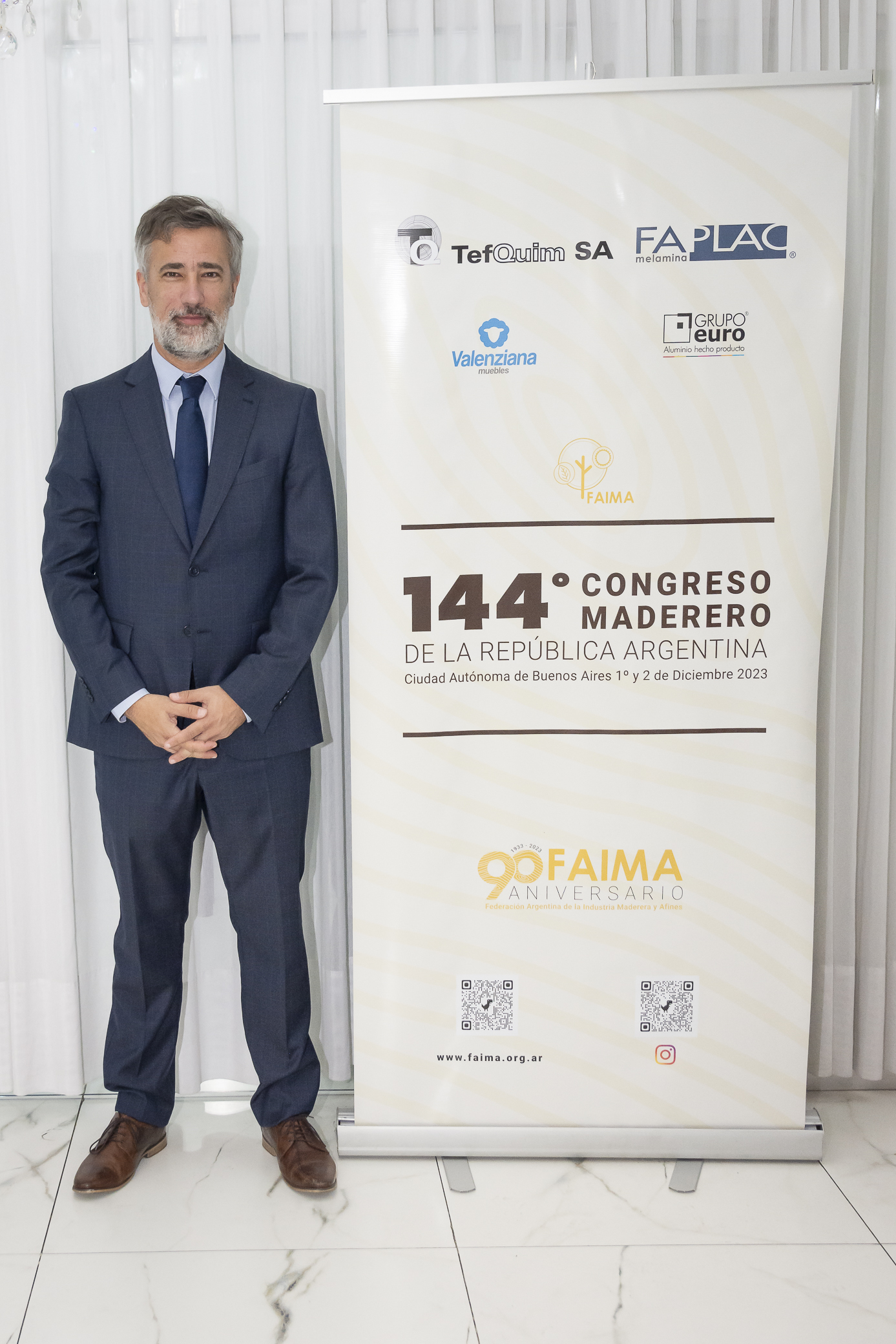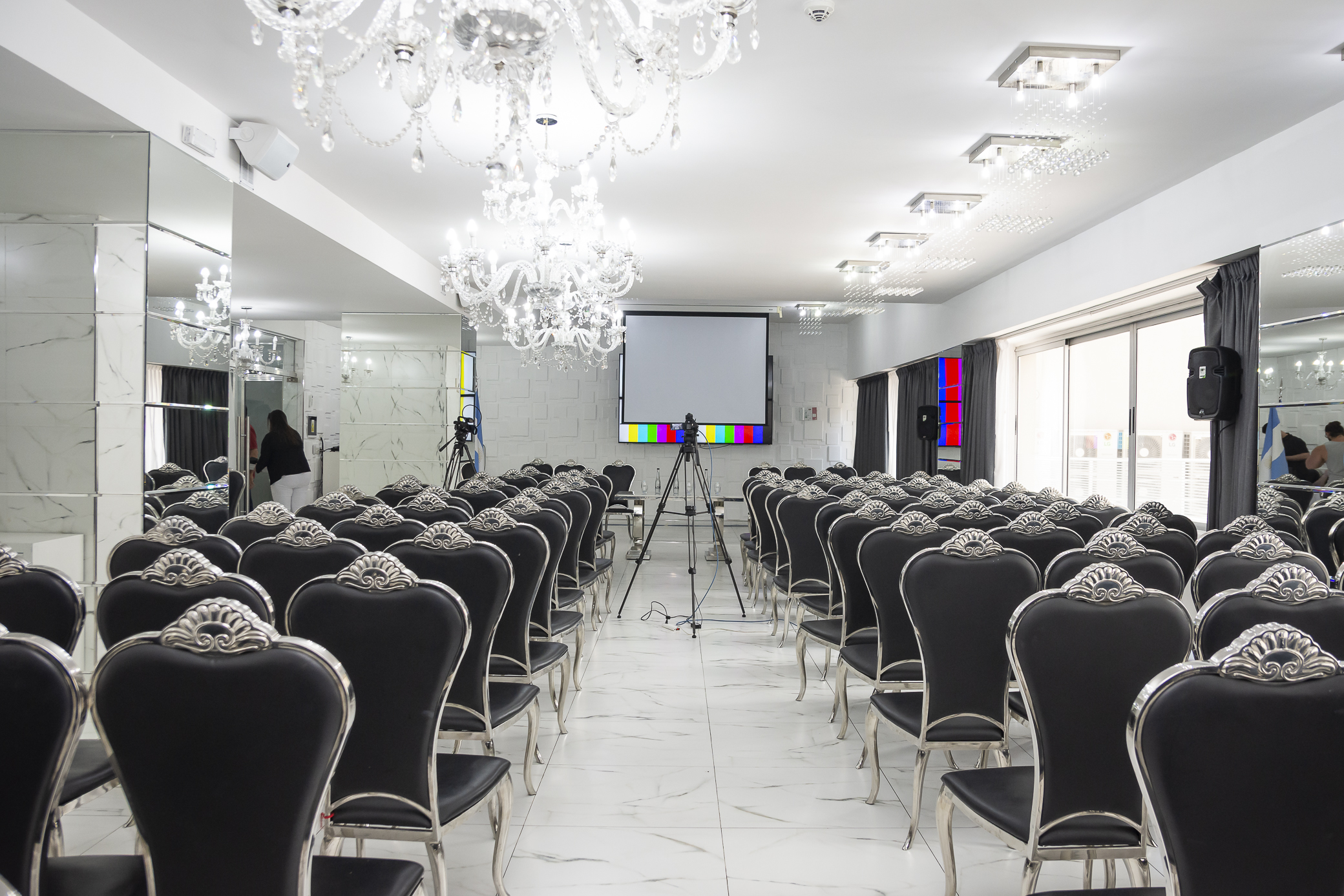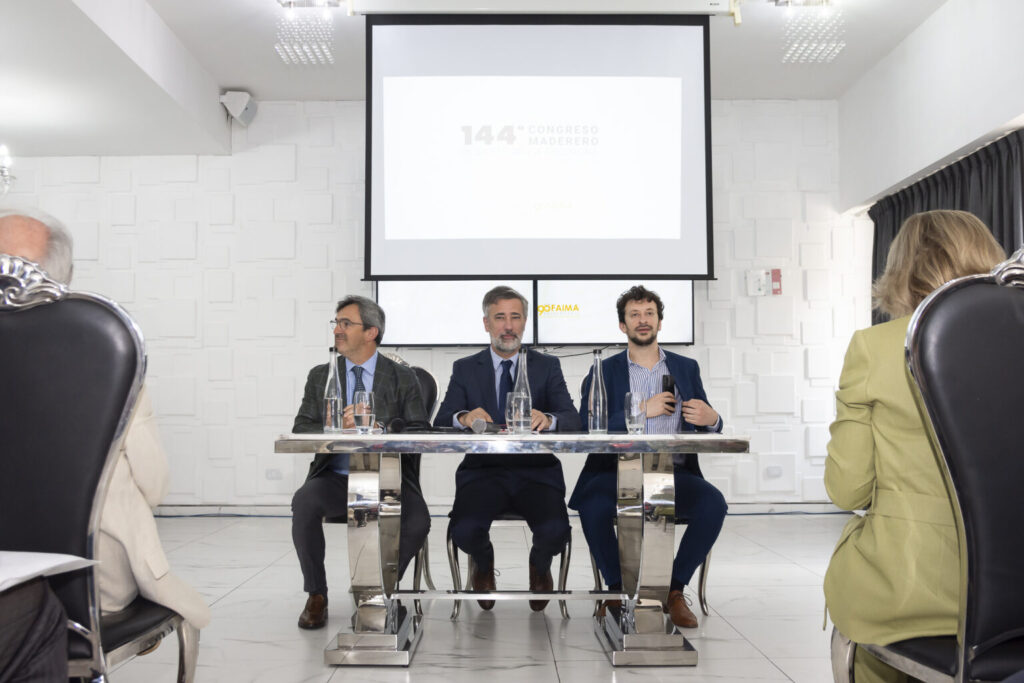During 2023, the Argentine Federation of the Wood and Related Industries (FAIMA) not only began to measure the carbon footprint of its associated companies, but also moved forward with the measurement of greenhouse gas (GHG) emissions generated in particular events, and did so at the 144th Lumber Congress held last Thursday.
Measuring the Carbon Footprint of an event is not the same as doing it in a company, since it focuses on a specific time and place, information is collected to reduce the impact of its actions, and the technical team is organized differently, for mentioning some of the keys to understanding this type of measurement. And this is what Fernando Couto, general coordinator and executive director of FAIMA, proposed to the Federation’s board of directors, when he led the challenge two months ago, ensuring that “it is important not only to measure, but then to mitigate and compensate.”

The Federation was founded 90 years ago, with the objective of promoting the development of the national industry, and carries out actions aimed at promoting greater consumption of wood, stimulating sustainable management of the renewable resource with the preservation of the environment.
“The reality is that I believe that the Federation, being linked to one of the sectors whose main contribution can be to correct the impact of climate change, as a first measure, we must be aware that even the activities that we carry out generate emissions of greenhouse gases. Then, behind closed doors, perhaps in a second instance, start thinking about how to reduce that footprint,” said Fernando Couto, general coordinator and executive director of FAIMA.

The main objective of the measurement is to mitigate and adapt the socio-environmental impact generated by this event, according to its characteristics, and taking into account each of the moments it contemplates. The work of the ALPA Seal is governed by international standards such as GHG protocol, ISO 14064, PAS 2050/2060 standards and the EPA GHG inventory guide.
For his part, and within the framework of this type of activities, Couto evaluated the possibility that some face-to-face meetings could also be thought of virtually to mitigate the impact:
“Of course, the personal has a bond that will not be rectified, but there is a benefit in work meetings that can be held at a distance without the need to transport people and without the need to impact even more on the carbon footprint. ”

Finally, and as a reflection to be able to continue growing in these aspects, the director also recognized the importance of encouraging the responsibility of completing the surveys to generate information:
“It is a bit of what we are missing, not only for the Federation itself, but I think for the consumer in general: understanding that they are part of the solution, even if it is by offering their participation in answering a survey”
Source: Alpa Huella De Carbono
